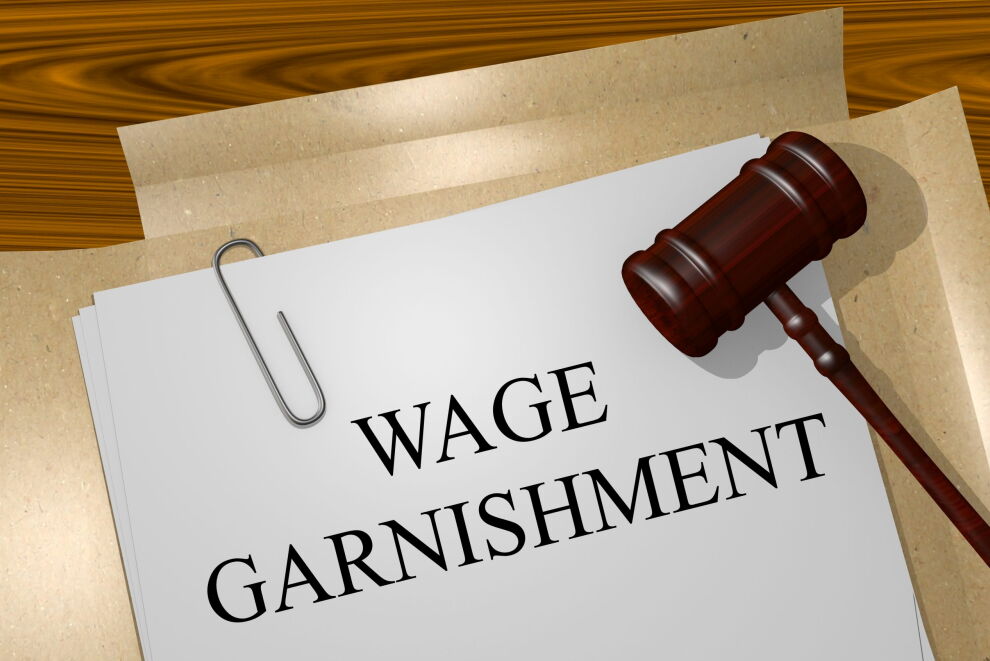Key Facts
- Wage garnishment automatically deducts bills from your paycheck.
- It might dramatically limit your disposable income, making it harder to pay for necessities.
- Garnishment might worsen your credit score and emotional health.
What is Wage Garnishment?
Employers garnish wages to pay debts. A court order usually follows a creditor’s successful lawsuit against you. Unpaid loans, child support, and taxes can result in garnishment of 10% to 25% of your disposable income.
Immediate Financial Impact
Take-home earnings drops immediately after wage garnishment. Budget-constrained people may struggle to pay for housing, utilities, and groceries. This financial burden typically causes missing payments on other obligations, creating a debt cycle compounding the original difficulty.
Difficulty Managing Debt
Paying other debts becomes harder after paychecks are garnished. Reduced income might cause late payments, higher interest rates, and rising penalties, worsening your financial condition. Wage garnishment gives one creditor more money and reduces others, complicating debt management.
The Impact on Your Credit Score
Wage garnishment generally follows delinquent obligations that have damaged your credit report. Financial troubles during garnishment can lead to missing payments on other accounts, lowering your credit score and making future borrowing harder.
Mental and emotional health effects
Financial stress from pay garnishment can harm mental health. Chronic income loss and financial stress can cause anxiety and despair. Emotional stress typically affects relationships and professional performance.

Long-term Financial Stability Effects
Wage garnishment can damage your finances. It may impair your savings, wealth building, and long-term financial goals like homeownership or retirement. In extreme circumstances, garnishment might last years, hurting your finances and credit.
How to Avoid or Stop Wage Garnishment
Negotiate with Creditors
Contact creditors to discuss payment schedules or settlements before garnishment. Many creditors may work with you to avoid escalation.
Debt Management Program
A debt management program might consolidate your loans into one monthly payment at a lower interest rate. Simplifying your finances can prevent garnishment.
File for Bankruptcy
As a final option, bankruptcy can stop wage garnishment and eliminate debts. Due to its long-term impact on credit and finances, this option should be carefully considered.
FAQ
How is pay garnishment done?
As a result of a lawsuit, a creditor can garnish your earnings directly from your paycheck.
Can all debt cause wage garnishment?
Federal student loans and child support can be garnished without a court order.
How much may my paycheck be garnished?
Depending on the debt and state legislation, 10% to 25% of disposable income is withheld.
Can wage garnishment hurt my credit?
Garnishment does not directly affect your credit score, although it commonly follows delinquent obligations that have been recorded adversely.
Stop wage garnishment once started?
You can stop wage garnishment by talking with creditors or filing for bankruptcy, depending on your finances.



